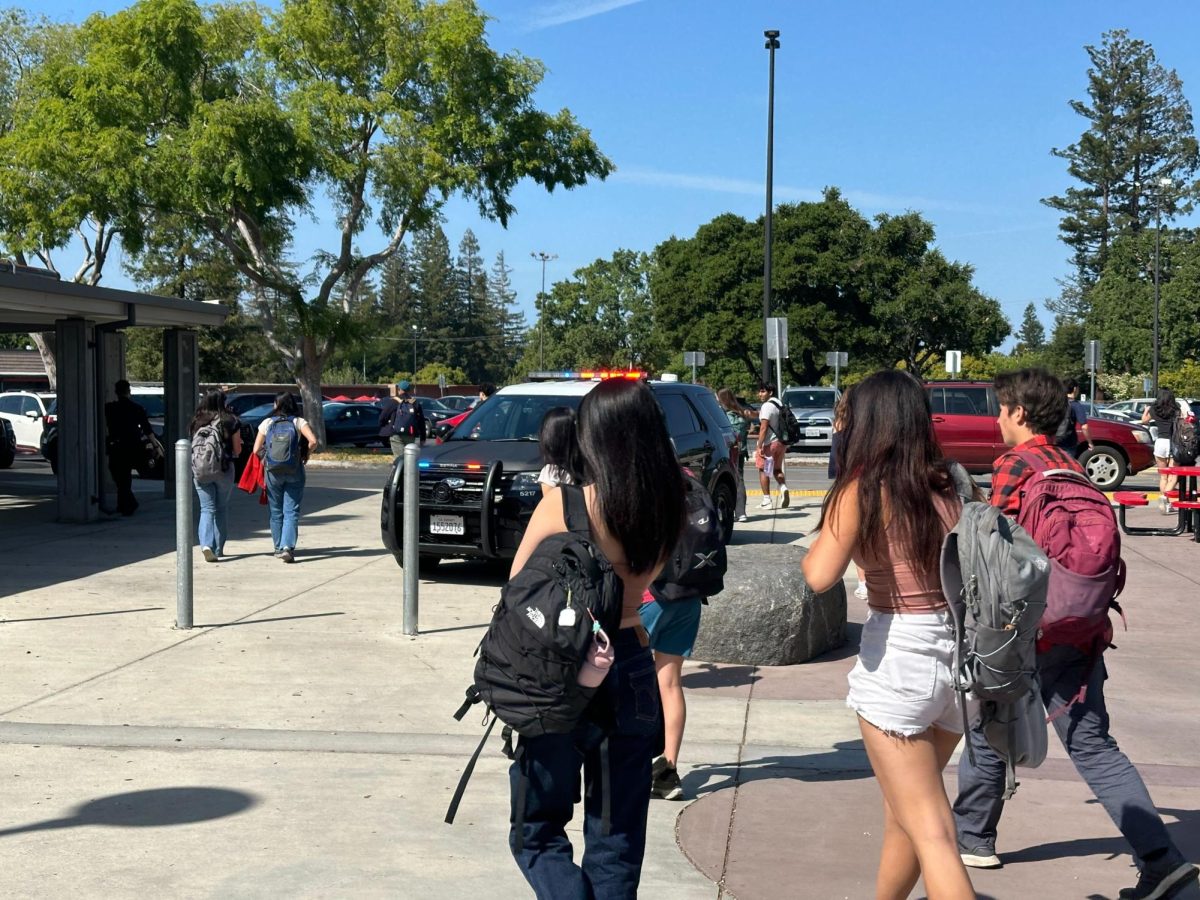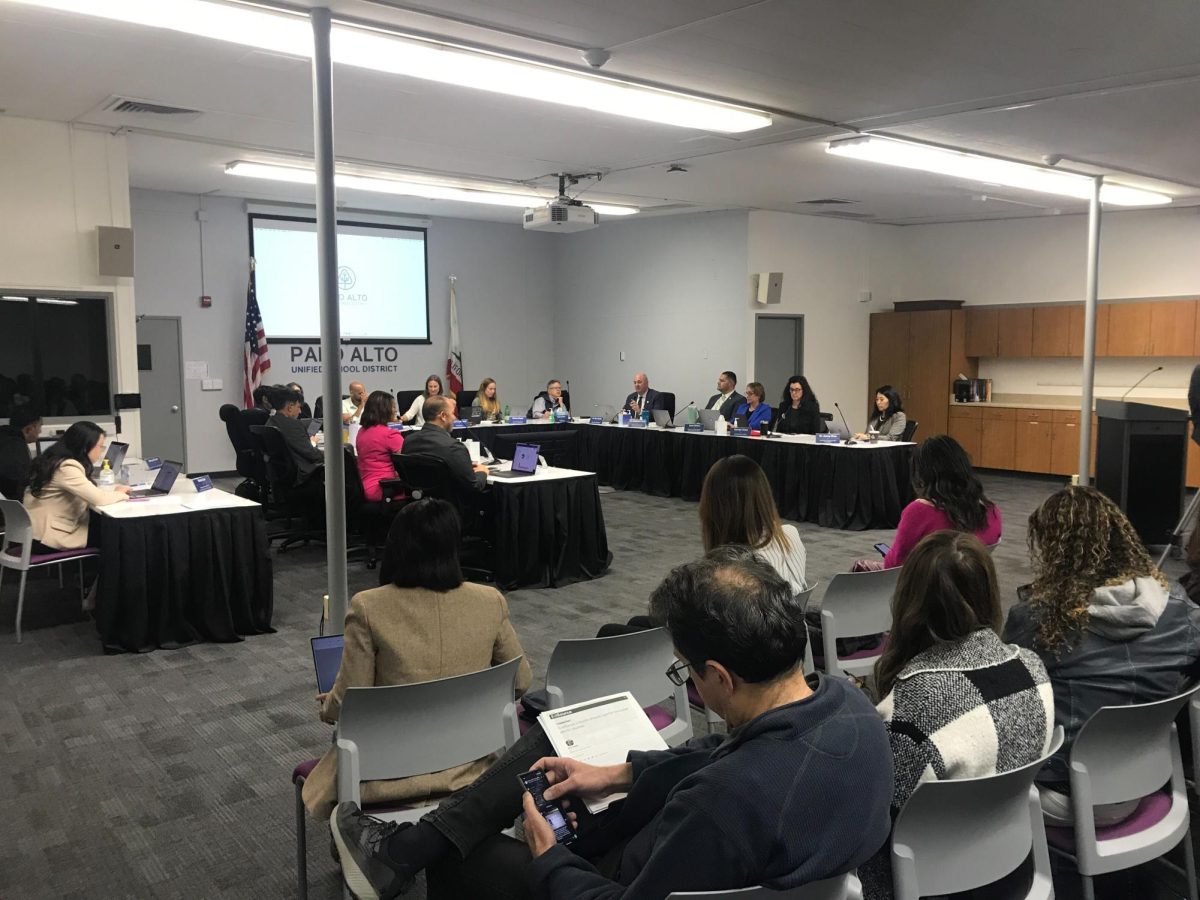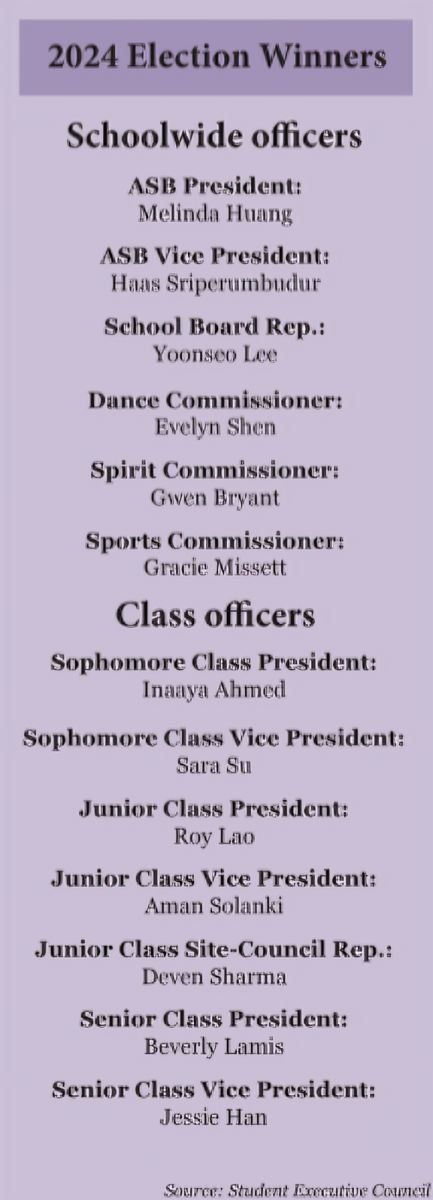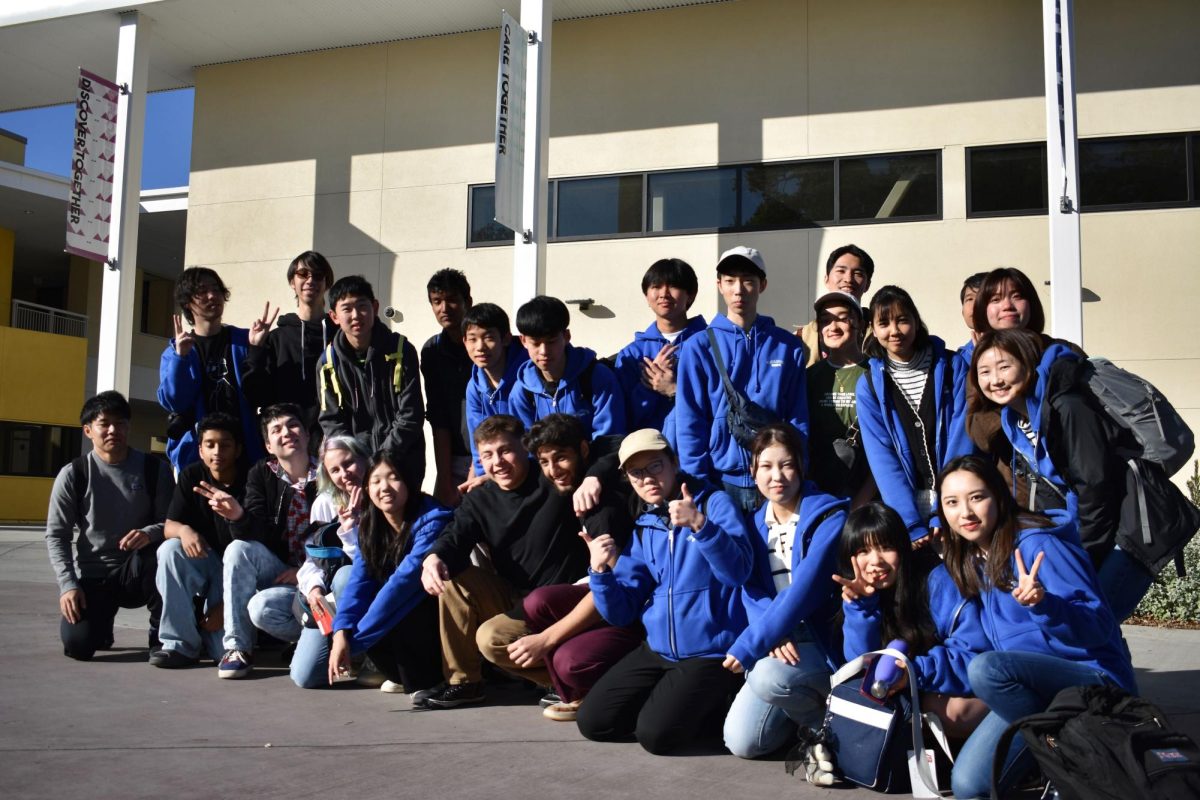Written by Joy Huang
This year, due to many students opting out of the annual California Assessment of Student Performance and Progress (CAASPP) tests, the school did not meet the 95 percent participation rate required to receive additional federal funding.
Students were able to opt out of testing because California Education Code section 60615 states that parents or legal guardians may submit a written request to the principal to excuse their child from any or all parts of the CAASPP Summative Assessments.
The email sent by Superintendent Max McGee to junior parents on Feb. 21 stated that the attendance rate is used to determine additional funding for the district. According to Palo Alto Partners in Education, Palo Alto Unified School District (PAUSD) is considered a “basic aid” district, meaning its local tax revenue exceeds the state minimum school funding threshold, so only nine percent of funding comes from the state.
Assistant Principal Heather Wheeler says that additional funding could have been possible if the attendance requirements were met, but the lack of it is not significant to PAUSD. “It means that we aren’t able to implement some new initiatives or innovations that we might [have been] able to if we had the federal funds,” she said. “But it wouldn’t end up cutting our core curriculum and everything will stay the same. In other districts that are very reliant on federal funds, this would be a huge cut for them.”
In addition to determining additional funding, participation in the CAASPP is also crucial for teachers to revise their curriculum and for the state to refine the newly piloted California Science Test that seniors took this year. Science teacher Maria Powell says that the scores allow teachers to follow student progress. “If we are going to meet the needs of students, we are going to have to know what their strengths and weaknesses are, individually and collectively,” she said.
Additionally, the lack of data makes it difficult for teachers to determine whether the curriculum accurately reflects the state learning standards. “We can use our best professional judgement to read the standards that are in front of us and design curriculum to meet the standards,” Powell said. “But we are just in our own bubble of 15 science teachers hoping that we are interpreting the standards correctly. We need to have an outside objective data to see if we are actually meeting the standards as intended.”
Junior Eli Tannenwald opted out because he had two midterms the week of testing. “I think [my parents] realized it’s better that I prioritize actual school and actual grades that affect me than something that wouldn’t affect me at all,” he said. According to Tannenwald, students opt out for the following reasons: parents don’t want their students to participate in standardized testing, students have demanding schoolwork they would rather study for or students simply do not have motivation to take it. “I think the most common reason was that there was no incentive,” he said. “If your options are choosing between taking a test and not taking a test, kids don’t feel compelled at all to take the test, and I felt that most students thought that there was no reason to take the tests.”
Powell agrees that some students opted out because they would not receive any personal gain for taking the test. She feels that they should have taken it for civic responsibility—to serve the school and help teachers accumulate data. “I think it’s disappointing [and] a little bit disgusting that in a community that prides itself on civic engagement, parents would support their kids in being selfish and teach their children that it’s okay to just opt out of this because you don’t get personal gain from it,” Powell said. “It’s understandable for a student to feel that way, but it’s unconscionable for a parent to support their students in that. ere was nothing for a kid to lose by showing up and taking that test.”
For Tannenwald, students should have a choice in taking the test. “I guess you can see it as a responsibility of being a student,” he said. “But I think students have the legal right to opt out, and I think they should be able to exercise that right if they and their parents want them to.”
According to Wheeler, the administration will work on improving testing attendance for next year. “In order to increase it year to year, we talked about ways of communicating to the community, adjusting the schedule and making sure that the district sends out the letters soon enough to make sure we have enough students,” she said. “We always try to brainstorm ways to make it easier for the students to attend.”











